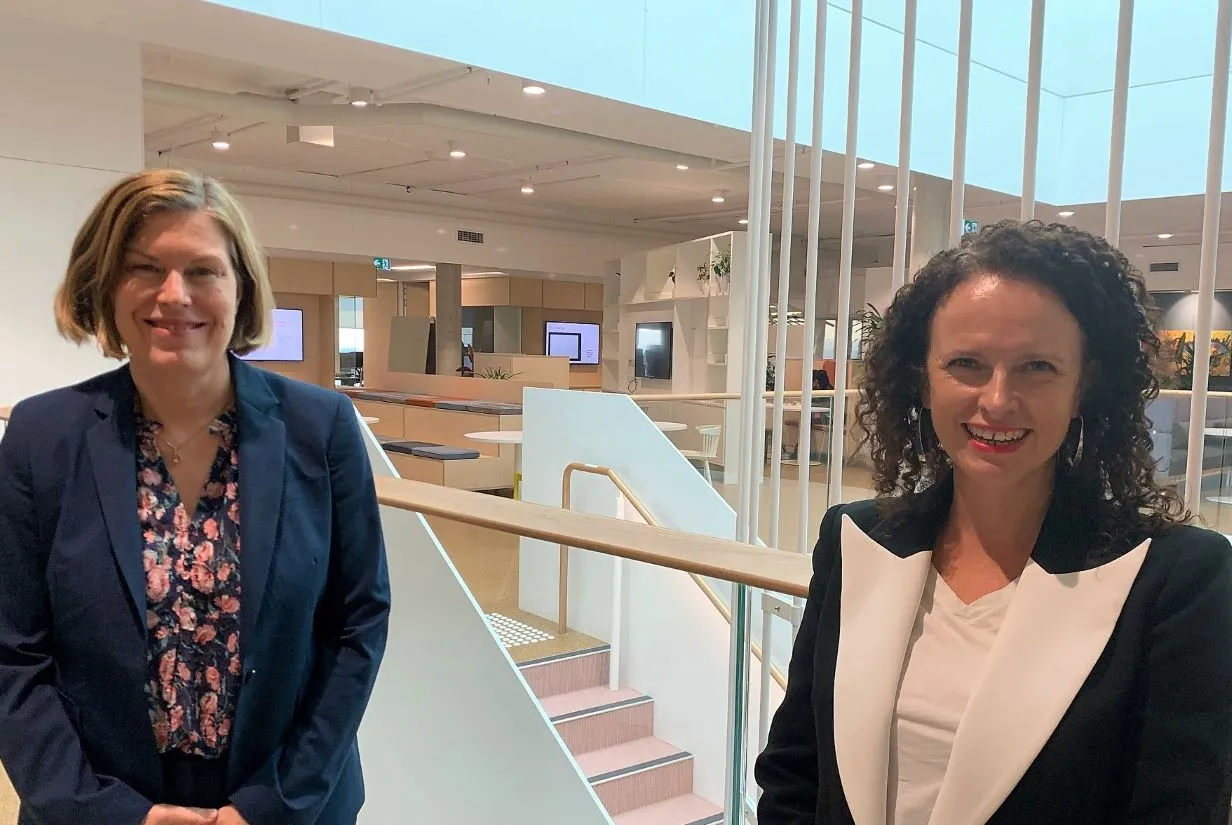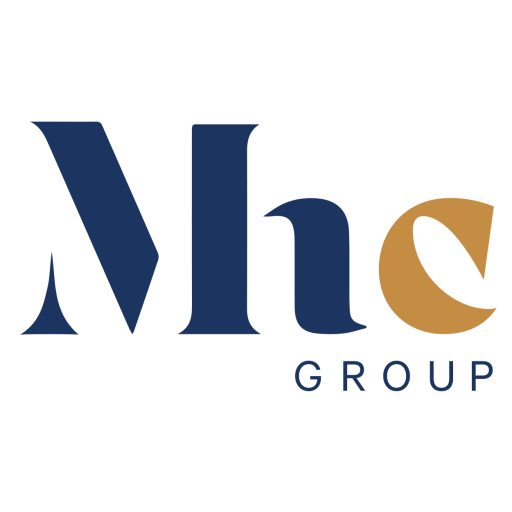
Read time: 2 minutes
Date: 12/2020
Dr Kerry Chant PSM is at the helm of NSW’s successful public health response to the COVID-19 pandemic.
Dr Chant, a public health physician, is the state’s longest-serving Chief Health Officer and is Deputy Secretary of the Population and Public Health Division within the NSW Ministry of Health. She has become a public figure thanks to her leadership on COVID-19 and was named ‘NSW Premier’s Public Servant of the Year’ in November, recognising exceptional service and outstanding leadership.
Dr Chant took five minutes out from her incredibly busy schedule to meet with me and share some insights about leading during a crisis.
-Mary Haines
Top Tips: Dr Kerry Chant on successful leadership during a crisis
Mary Haines: You and your team have been leading the NSW public health response to the COVID-19 crisis. You have also provided input into the national response, and you are leading the community. What do you see as the elements of leadership that have been critical to the state’s success in containing COVID?
Dr Kerry Chant: The “strength of the team” is a key element that has been highlighted by the COVID-19 crisis, Dr Chant said. “It’s often about those capabilities and capacities that you’ve got embedded in your team ahead of needing to launch into managing a crisis.
The government and inter-agency connections and leadership structures already in place prior to the crisis are also an important factor in successful leadership, she added.
“Leadership is about understanding your domain, but also drawing on the expertise from those other agencies, such as Police, Education, Transport – it is really a very much a whole-of-government response. And that’s what a pandemic requires, in essence, a whole-of-government response.”
“I think COVID has taught us that we need to have capacity to rapidly assimilate new information, not having a fixed course, but being really open to change courses, to adopt and respond to new emerging evidence.”
-Dr Kerry Chant
Mary Haines: COVID is what could be dubbed a ‘VUCA’ crisis: volatile, uncertain, complex, and ambiguous. It’s been predicted that the 21st century will experience more of these kinds of crises. What do you think are the pitfalls that future leaders can sidestep if they are faced with such crises?
Dr Kerry Chant: “I think COVID has taught us that we need to have capacity to rapidly assimilate new information, not having a fixed course, but being really open to change courses, to adopt and respond to new emerging evidence,” Dr Chant said.
Flexibility is vital, she says, as is critically appraising new information within context. That means that leaders need to consider how new data or information translates to the local environment.
“For example, picking up information from the United States, but recognising the United States is in a very different epidemiological situation to NSW – or Australia more broadly. So, it’s that translational task for any new and emerging evidence, looking at how it then applies to your local situation.”
Mary Haines: So, what would be your top tips for leading during an uncertain and volatile crisis?
Dr Kerry Chant: It’s vital to build a strong, capable team by optimising people’s existing skills – the roles they normally do outside a crisis – as well as making the most of existing systems, Dr Chant said.
“Drawing on the expertise of team members and leveraging off those business-as-usual systems that we have is important. NSW has had a strong situation where we have Public Health Units embedded within Local Health Districts with a lot of capability. All of that gives us operational intelligence and responsiveness locally. And I think that’s been a key strength of the response.”
Mary Haines: So it’s important to have that already in place to begin with?
Dr Kerry Chant: “That’s right – to have the structures and capability and capacity. It’s hard to build them rapidly in a crisis.”
Dr Chant reiterated the need for flexibility: “Never be afraid of switching your course of action as information changes.”
And she said leaders also need to maintain an honest dialogue with the community throughout the crisis: “Be open and transparent about what you know and what you don’t know.”
To be able to address the ‘unknowns’, it is also vital to identify the types of research that are needed to help manage the response to the crisis, Dr Chant said. “So investing heavily in knowledge generation while also being in a response phase.”
Mary Haines: Looking ahead, what are some important things our system or governments can do now to prepare for the possibility of future crises?
Dr Kerry Chant: “I think once we’re through COVID, it will be a time to reflect on what we did well and what were our learnings. But for me, some of those strengths will be the structures and capabilities that we have across government,” Dr Chant said.
For example, she said the digital platform provided by Service NSW enabled the state to rapidly introduce initiatives such as COVID-safe plans and permit systems.
“I think some of our QR systems and the digital capabilities are going to be really important if we have another emerging disease threat,” she said. “There is many things that we have done and done very quickly that will now almost be a no-brainer right at the beginning of any major response.”
Dr Chant said the response to the pandemic could also have health benefits after the population is covered by a safe, effective vaccine for COVID-19.
“We have seen an amazing drop in flu. We have seen an amazing drop in some other infectious diseases in response to the general hygiene advice, such as handwashing, and not to go out when you’re sick – some of those things have got the ability to keep us safer, even post-COVID.”
December 2020.
Interview by Mary Haines, Founder and Director of Mary Haines Consulting (MHC), a boutique consultancy specialising in strategy, implementation, research and evaluation. MHC developed the five minutes interview series as a platform for leading professionals to share their know how.
You are welcome to republish this article. Please include the following attribution:
This article was first published by Mary Haines Consulting Pty Ltd: www.maryhainesconsulting.com.au.
© 2015-2025 MH Consulting Group (MHC) | Disclaimer | Privacy
